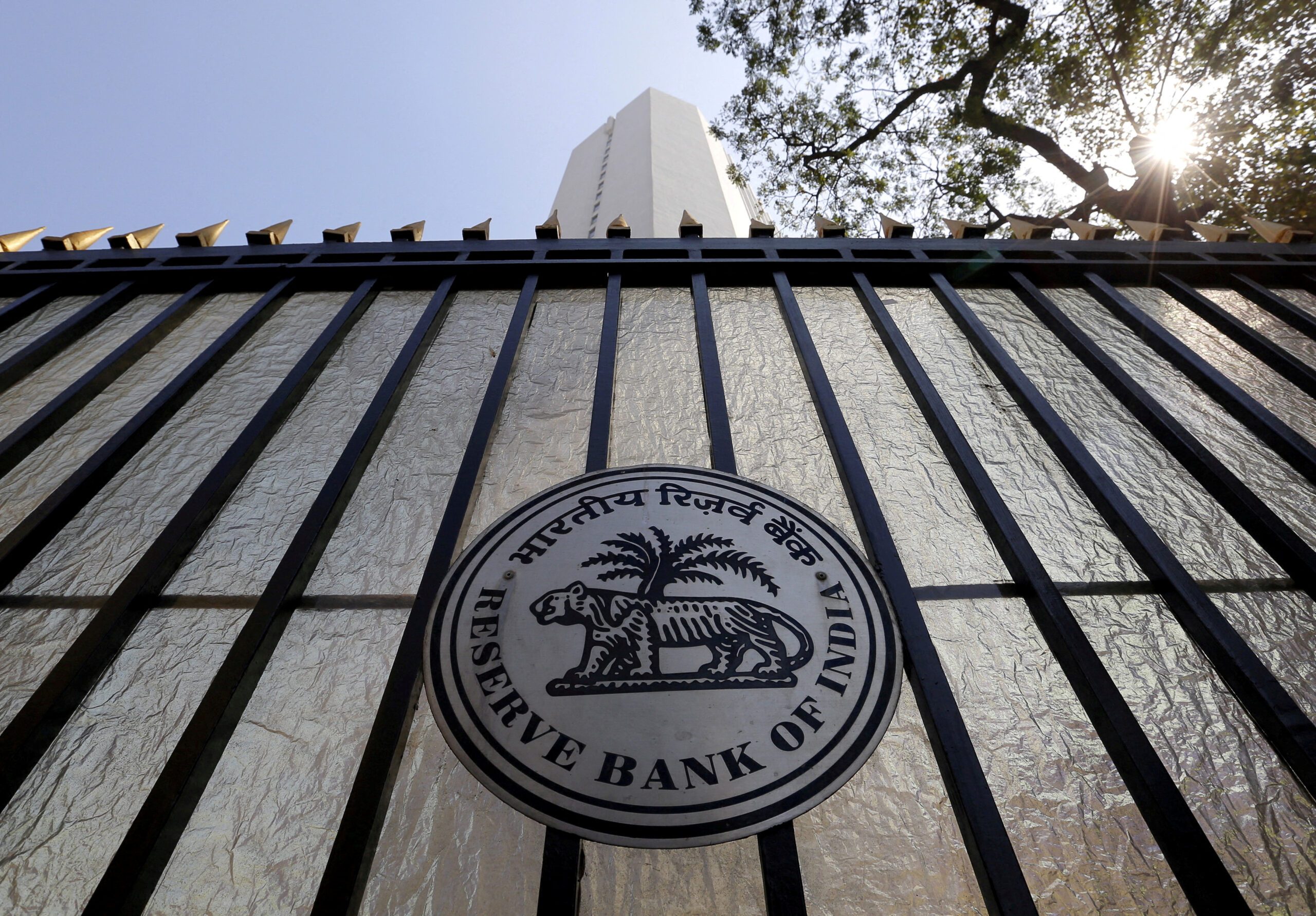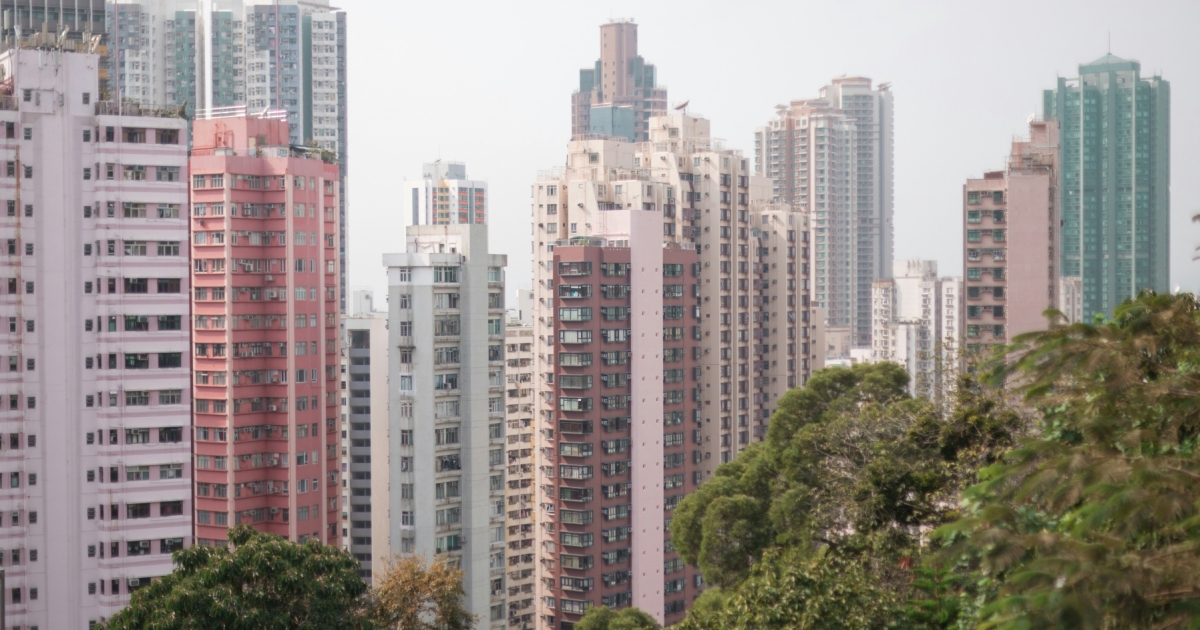HONG KONG — China’s policy of promoting its southern island province of Hainan as a destination for domestic shopping sprees has upended the traditional global order of duty-free retailers amid the COVID pandemic, thrusting the country’s leading operator to the top.
On Friday, Peng Hui, chairman of Shanghai-listed China Tourism Group Duty Free, said the state-owned company would also list its shares in Hong Kong to raise its global brand profile and create a platform for international investors and acquisitions. The company’s operations are currently concentrated in mainland China, though it has a small presence in Hong Kong, Macao and Cambodia.
“We have chosen to list in Hong Kong from a consideration of our business and development strategy,” Peng said in an online text exchange with investors. He said that the company will “proactively explore and make an effort to pursue opportunities for acquisitions, in order to obtain even more high-grade channels and resources” when the right opportunities arise.
Also during the call, Peng listed five reasons for the planned listing on the Hong Kong Stock Exchange: to establish a global platform for long-term development; to efficiently raise funds to take advantage of the historic opportunity in Hainan; to accumulate cash overseas to smooth out procurement activities abroad; to invite top-notch international institutional investors to enhance corporate governance standards; and to promote global awareness and establish an international brand image in order to cement its position as the leading travel retailer.
He did not elaborate with details on specific targets, but he added that some of the company’s other aims are to “upgrade” its operational abilities, including supply-chain management and online store operations.
CTG Duty Free has yet to spell out the possible timing and size of its Hong Kong offering, but the plan has come as a surprise to analysts.
Calling it “unexpected,” Citigroup analyst Lydia Ling wrote in a report that it “could be likely for expansion opportunities in global travel retail space in [the] future.”
Jiang Ya, an analyst at Citic Securities, echoed her surprise, but said listing would be a positive step to “enhance competitiveness under a globalized setting and internationalization of the brand, while taking in high-quality assets abroad through overseas platforms.”
Jiang said a Hong Kong listing would help the company’s short-term financial needs as it attempts to enhance its operational base in Hainan before competitors arrive on the resort island.
Frank Yip at Daiwa Capital Markets in Hong Kong viewed the announcement as “a strong share-price catalyst from its potential secondary listing on the HKEX for likely financing its new flagship project, Haikou City Duty Free” on Hainan.
Since Beijing last July began promoting domestic travel to Hainan by allowing visitors to buy up to 100,000 yuan ($15,400) worth of duty-free goods a year, up from 30,000 yuan previously, mainland tourists, wary of and restricted from international travel, have flocked to Hainan to shop in the island’s licensed outlets.
CTG Duty Free last year grabbed more than 90% of duty-free sales on the island, where it owns eight outlets. Currently, the company is building two additional large-scale malls, one for each the island’s major cities, Haikou and Sanya.
The company’s near monopoly of the new growth opportunity led to an 8% gain in revenue last year to 52.59 billion yuan ($8.1 billion) from a year earlier, while net profit jumped 33% to 6.14 billion yuan. That marked a sharp contrast to its foreign rivals, who suffered severely from the global travel restrictions brought on by the coronavirus pandemic and made CTG Duty Free the world’s largest duty-free operator by revenue in 2020.
Swiss-based Dufry Group, the pre-pandemic global market leader in the duty-free sector, recorded a 71% drop in revenue drop in 2020 from a year earlier to 2.56 billion Swiss francs ($2.79 billion) and a net loss of 2.51 billion Swiss francs. Chief Executive Julian Diaz described 2020 as “the dullest year in the history of Dufry and the travel retailing industry” in an online earnings conference call last month.
Diaz is now counting on Hainan for Dufry’s recovery and future growth. The company opened its first outlet in downtown Haikou on Jan. 31 in collaboration with local state-owned conglomerate Hainan Development Holdings.
“It was one of the most successful openings I have personally seen, with long queues and products sold out in hours,” Diaz said. Chinese conglomerate Alibaba Group Holding took a minority stake in Dufry last fall, a deal that will pave the way for the Swiss company to establish more outlets in Hainan through a joint venture.
Not only are foreign players eyeing Hainan’s duty-free market. Wangfujing Group, a Beijing-based state-owned retailer, is setting up a 60-40 joint venture with China Hainan Rubber Industry Group, a local state-owned enterprise, to open more duty free shops.
CTG Duty Free has acknowledged the growing competition on Hainan. In its annual report published on Wednesday, it stated “policy risk” as the top operational and managerial hazard for the company going forward.
“The administrative policy of the country’s duty-free sector will enter a more open ‘orderly competition’ phase,” management said.
While the company gained its status as the global leader through China’s policy aid, it now sees growth abroad through its planned Hong Kong listing and potential acquisitions.





